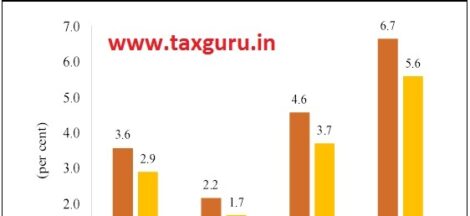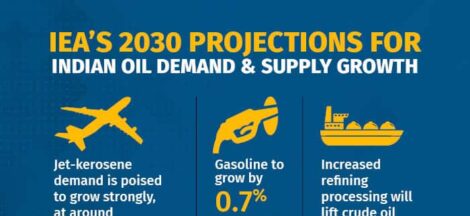Industry leaders and leading tax consultants have expressed surprise over non-extension of the sunset date of the concessional tax rate of 15% on new manufacturing units beyond March 31, 2024 in the interim Budget, as this may discourage fresh private investments, say experts.
“Considering the continuing need to incentivise manufacturing in India and the support extended to manufacturing in specified sectors by way of production-linked incentives (PLI), it is surprising that the lower tax rate of 15% has not been extended,” said Sudhir Kapadia, Partner, Tax & Regulatory Services, EY India.
As per the current rules, the concessional corporate tax rate, first introduced in 2019, and extended by one year in the FY24 Budget, can be availed by firms setting up new manufacturing units provided they commence operations by March 31, 2024.
But since the pandemic related disruptions and global slowdown hindered many potential investors from setting up new plants and making full use of the tax incentive, industry leaders urged the government to grant an extension to the sunset date for at least one-more year.
It also holds significance as the government’s ability to pump-prime the economy with its own capital expenditure is limited. This can be seen from the Centre’s capex target for FY25, which is at Rs 11.1 trillion, up 16.9% from FY 24 revised estimate of Rs 9.5 trillion. The projected growth for FY25 is the lowest in five years.
“It needs to be borne in mind that India is competing with much older jurisdictions in attracting investments in the manufacturing sector and to significantly increase FDI (foreign direct investment), the government would do well to actually consider extending the lower tax rate for a longer period to fully realise the benefits of an increased manufacturing base in India,” EY’s Kapadia said.
Recent data released by the commerce ministry showed that foreign direct investment (FDI) equity inflow in the manufacturing sector between 2014-22 has increased sharply by 57% as compared to the previous eight years 2006-14. This can partly be attributed to 15% corporate tax introduction in 2019, say experts.
Although some experts believe that the government may reconsider its position in the full Budget, set to be unveiled in July; but if it doesn’t happen, then from April the new manufacturing units will have to pay 22% corporate tax.
Pallavi Singh Marwah, Senior VP at Super Plastronics had earlier told FE that a concessional corporate tax rate will encourage domestic and foreign companies to set up manufacturing units in India, as it eases the burden for the initial years when one is trying to set up the business and be price competitive.
“This will also encourage companies to bring innovative and technical know-how into India which will lead to improved productivity and quality as well as promote the ‘Make in India’ initiative,” she said.
The provision for 15% corporate tax for new investment was introduced earlier by the Government to kick-start manufacturing and to boost further investment. This clause has a sunset period understandably so that manufacturing units are set up sooner than later. The clause has served it’s purpose and it’s beneficial for companies to move towards a stable corporate tax regime, said B Thiagarajan, managing director, Blue Star.
Source: The Financial Express



